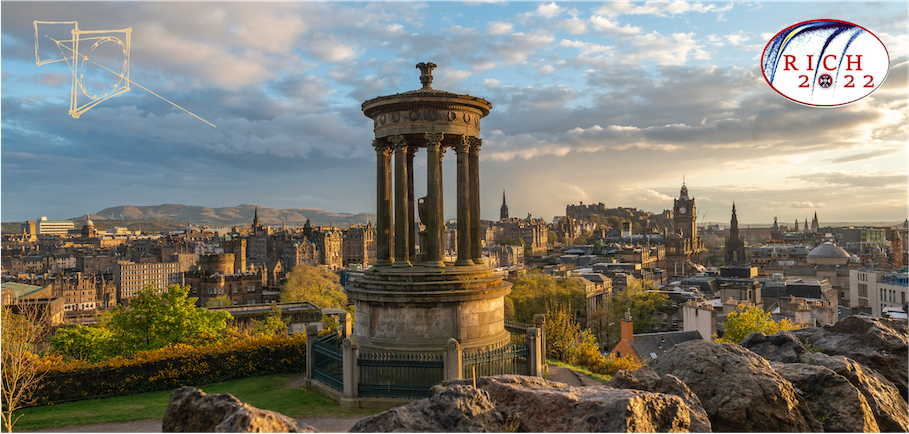Speaker
Description
Aerogel radiators for Cherenkov detectors have been produced in Novosibirsk by a collaboration of Budker Institute of Nuclear Physics (BINP) and Boreskov Institute of Catalysis (BIC) for more than three decades. Over this time aerogel radiators were manufectured for different threshold Cherenkov detectors (KEDR, SND experiments at BINP; DIRAC at CERN) and Ring Imaging Cherenkov detectors (AMS-02, LHCb, CLASS12 experiments). Production of raw aerogel tiles is conducted in BIC.
In this work we present our experience in the characterization, selection and mechanical processing of aerogel tiles. The following physical parameters are measured: refractive index, variations of the refractive index, the light scattering length, the light absorption length. The index of refraction of the blocks is controlled through their density. The variations of the index of refraction within tile volume are measured using digital X-ray detector. The light scattering length is measured through the transparency dependence on the light wavelength. To control the light absorption length several specialized stands have been developed.
Aerogel tiles can be machined using different technologies to fit the case of Cherenkov detector. For this work we use polishing machine, diamond wheel and diamond wire cutting machines.
The silicon dioxide aerogel we produce is hygroscopic. It requires special dry storage conditions. If needed, after aerogel characterization and processing the absorbed water could be removed from aerogel tile using annealing. This procedure restores initial optical parameters.
